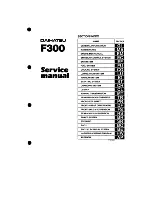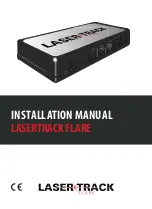
−
−
−
−
−
−
CONTINUED
This position mechani-
cally locks the transmission. Use
Park whenever you are turning off or
starting the engine. To shift out of
Park, you must press on the brake
pedal and have your foot off the
accelerator pedal.
If you have done all of the above and
still cannot move the lever out of
Park, see
on
page
.
To avoid transmission damage, come
to a complete stop before shifting
into Park. The shift lever must be in
Park before you can remove the key
from the ignition switch.
Press the brake
pedal, making sure to keep your foot
off the accelerator pedal, then shift
from Park to Reverse. To shift from
Neutral to Reverse, come to a
complete stop and then shift.
Use Neutral if you
need to restart a stalled engine, or if
it is necessary to stop briefly with
the engine idling. Shift to the Park
position if you need to leave your
vehicle for any reason. Press the
brake pedal, making sure to keep
your foot off the accelerator pedal,
when you are moving the shift lever
from Neutral to another gear.
Your vehicle has a reverse lockout so
you cannot accidentally shift to
Reverse from Neutral or any other
driving position when the vehicle
speed exceeds 7
9 mph (12
14
km/h).
If you cannot shift to Reverse when
the vehicle is stopped, press the
brake pedal and slowly shift to
Neutral, and then to Reverse.
If there is a problem in the reverse
lockout system, or your vehicle’s
battery is disconnected or goes dead,
you cannot shift to Reverse. (Refer
to
on page
).
Use this position for
normal driving. The transmission
automatically selects a suitable gear
for your speed and acceleration. You
may notice the transmission shifting
up at higher speeds when the engine
is cold. This helps the engine warm
up faster.
203
203
Automatic Transmission
Park (P)
Shif t Lock Release
Reverse (R)
Neutral (N)
Shif t Lock Release
Drive (D )
5
D
riv
ing
201
















































